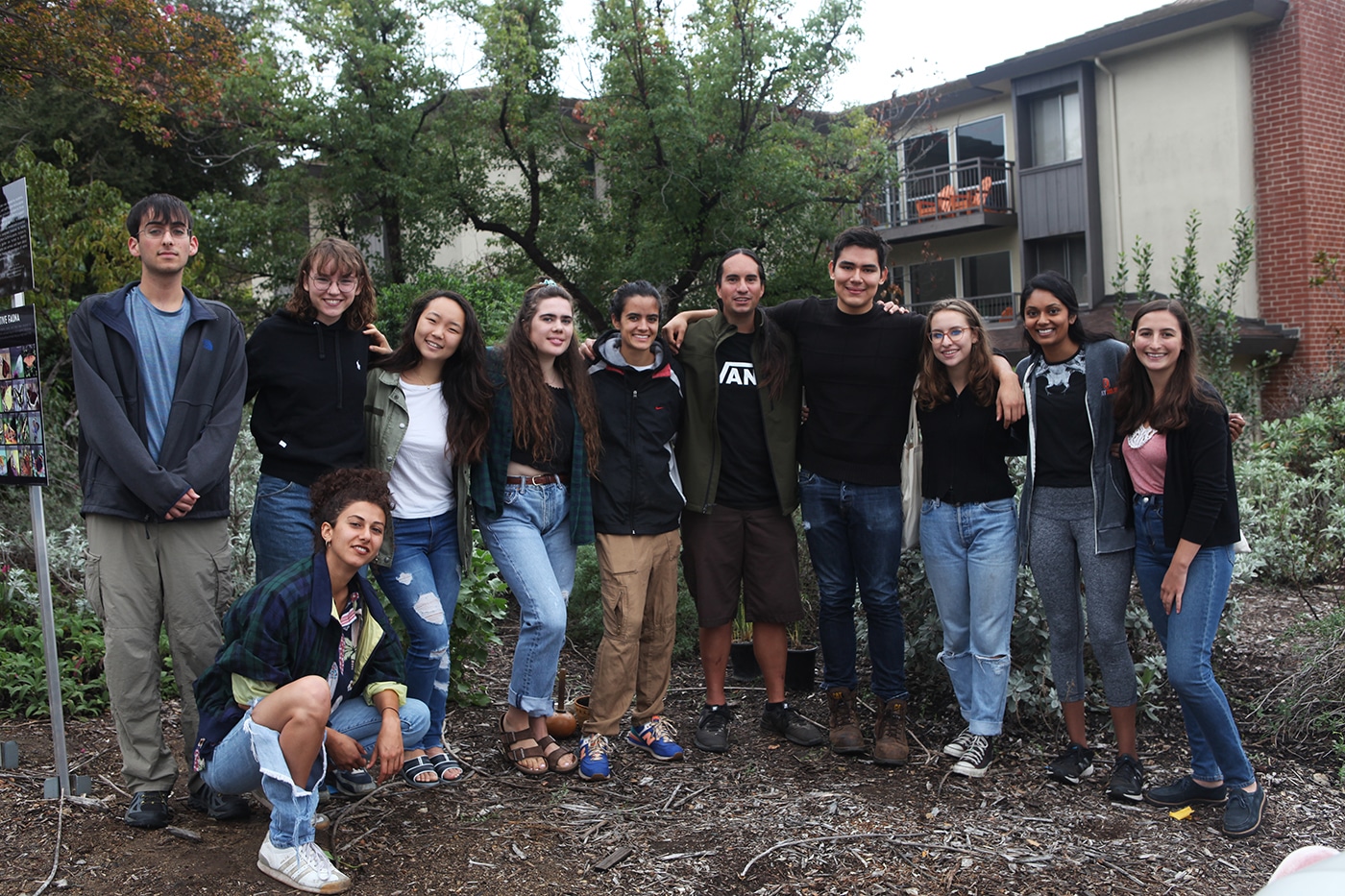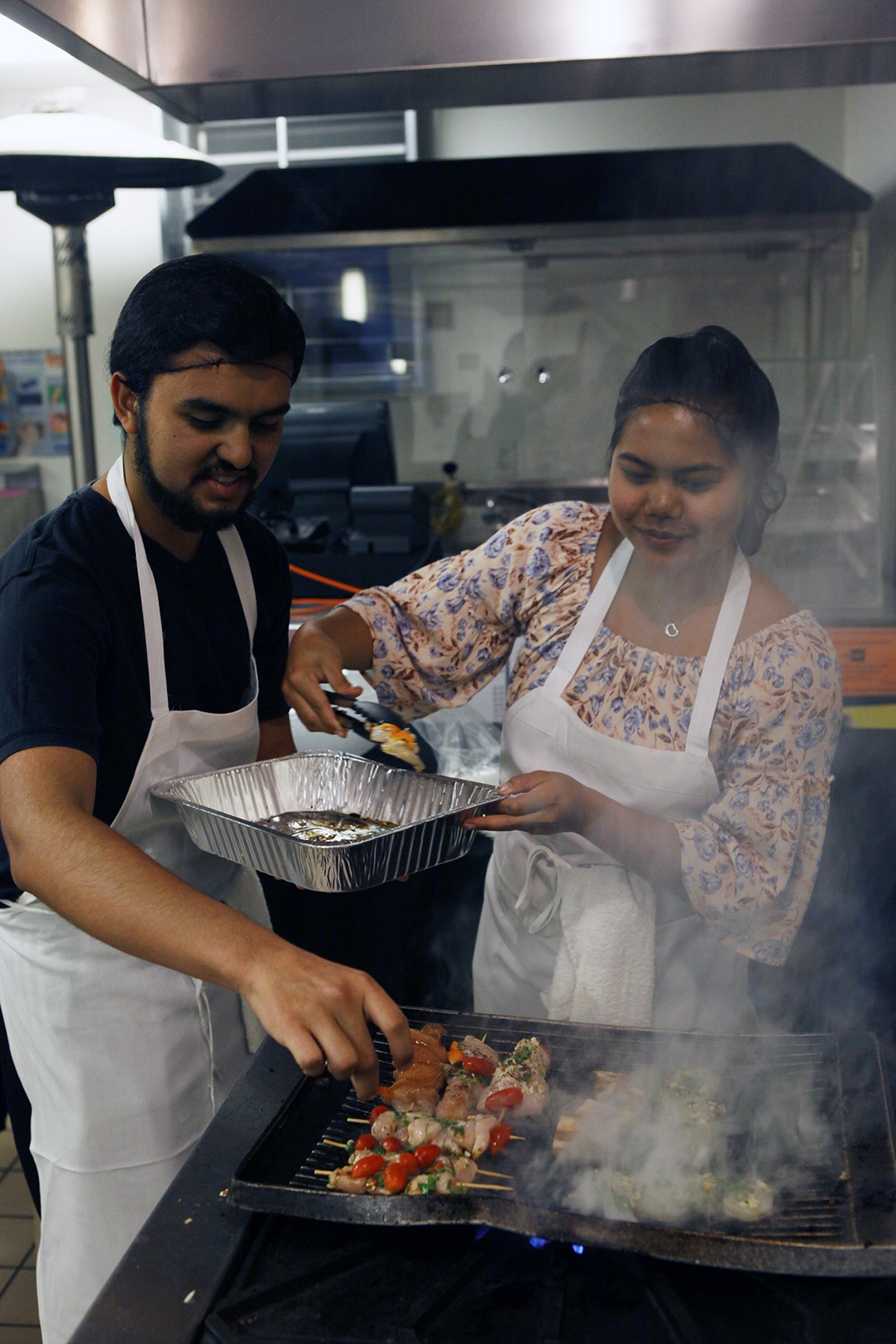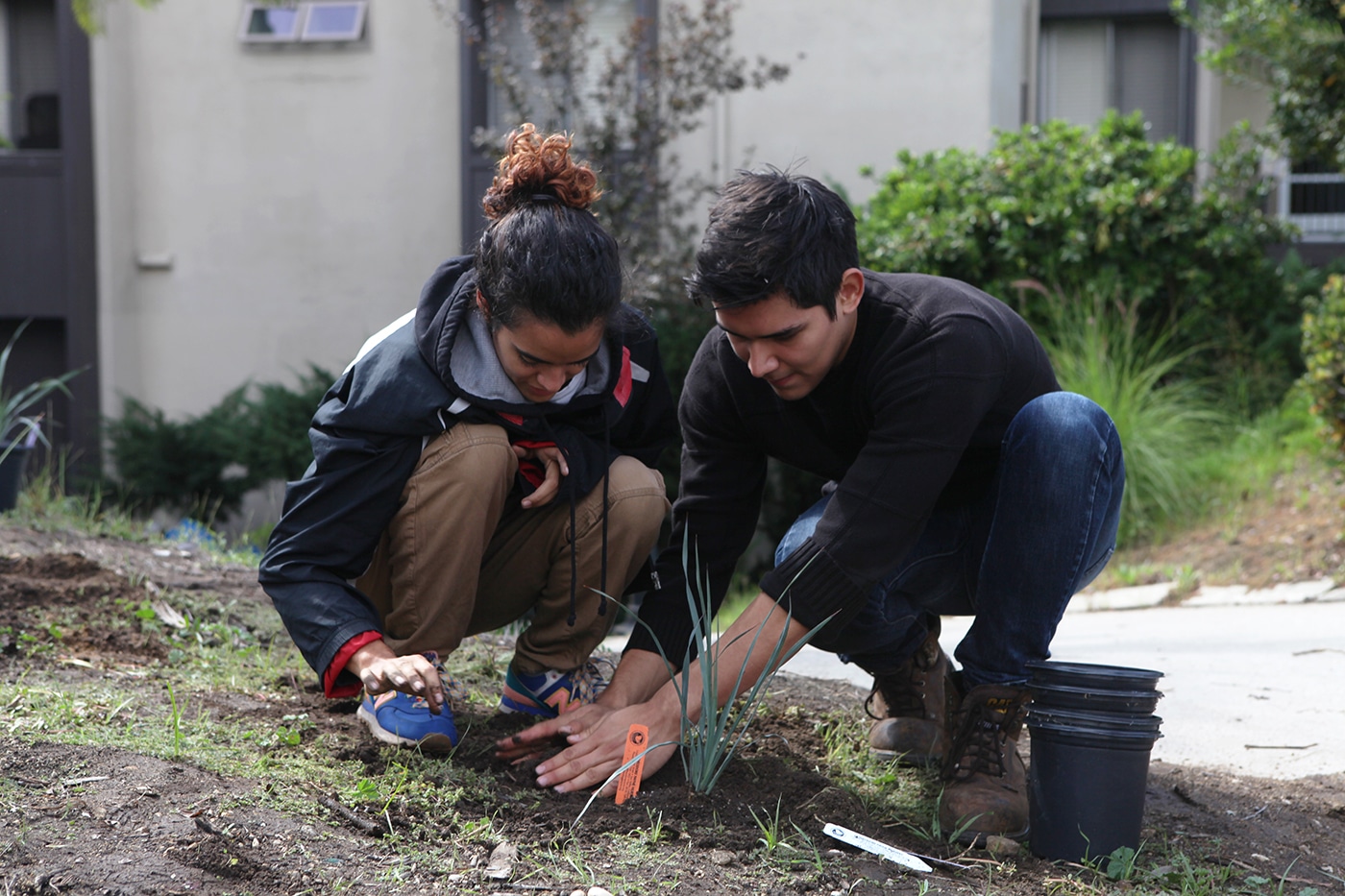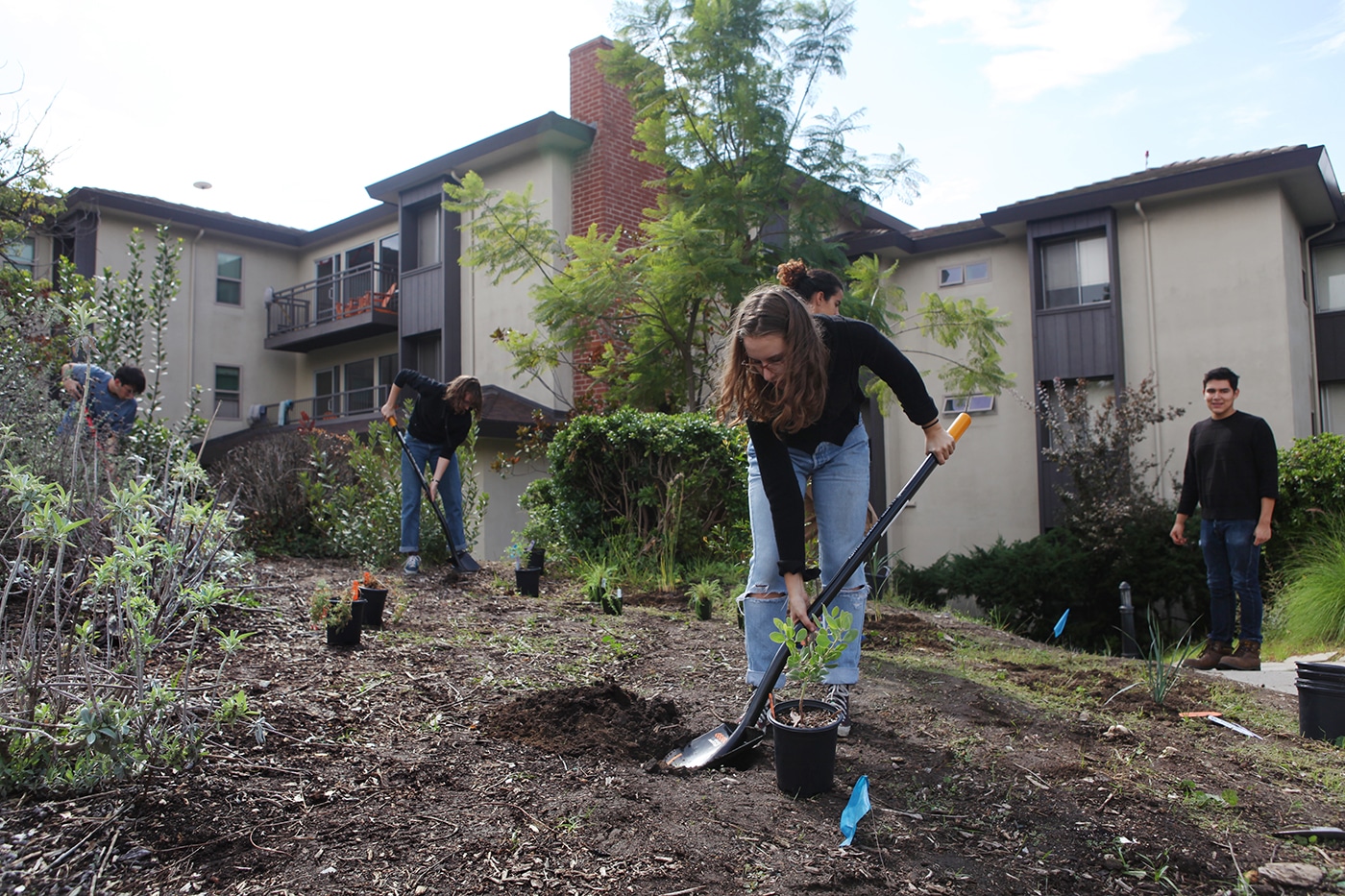
October is Food Justice Month at Occidental, and many organizations on campus have joined together to bring awareness to the importance of food sustainability. Groups such as Campus Dining, the Renewable Energy and Sustainability Fund (RESF), the Urban and Environmental Policy Institute (UEPI) and the Food Energy and Sustainability Team (FEAST) will be holding events and workshops, focusing on educating the community about food systems, food sourcing, environmental justice and public health.

According to Samantha Herdman (senior), the lead sustainability intern at Campus Dining and the president of the ASOC Renewable Energy & Sustainability Fund, food justice is a movement that encompasses more than just food.
“Food justice is a social movement that tackles environmental sustainability, laborers’ rights and public health all at the same time,” Herdman said.
According to Herdman, Campus Dining continually works to provide food that is local and sustainable. Herdman said the student body can always contribute to these efforts by purchasing sustainable foods specifically — Campus Dining responds to what students purchase, so the more popular certain items are, the more likely Campus Dining will continue to provide them.

Eleanor Alvarez (first year) said she appreciates the informative composting signs around campus but wants more easily accessible information on how and where the Marketplace sources food.
“It’s important to be aware of where your food comes from and the processes that it takes to create it,” Alvarez said. “I think it’s often really important to buy local food to reduce emissions and transportation and be aware of pesticide use and any implications that might have on health.”
According to Sharon Cech, the regional food systems director at UEPI, her organization’s focus is on fresh and nutritious food for everyone.
UEPI works to achieve this goal with farm to school programming, which focuses on education about food systems. Cech said UEPI also works to incorporate more nutritious, locally-grown fruits and vegetables into K-12 school food, often through the utilization of school gardens.
“We’re looking at pretty underserved communities that don’t have a lot of resources, and a lot of the students are struggling with food access issues,” Cech said.
According to Cech, UEPI also works with local farmers’ markets to teach how to use food assistance dollars and how to market to low-income customers.
“It’s important that everyone has access to fresh and nutritious food,” Cech said. “That shouldn’t be something that is exclusively for wealthy populations.”
FEAST Director Diego Zapata (senior) said their team is working to educate students on food systems and ways students can promote sustainable, healthy eating habits.

“We’re just trying to really contextualize food systems and highlight how students can be involved on and off campus to really make food what it should be — which is something that is culturally appropriate, healthy for you and accessible for everyone,” Zapata said.
According to Zapata, FEAST gets students involved through hands-on programming throughout the year, often by working in their gardens and attending workshops.
“Our mission for Food Justice Month in October is really to not only bridge the connection that students can forge in terms of farm-to-table, but also to really contextualize regional and local foods that are sort of being forgotten, for example the ethnobotany workshop we had today [Oct. 13],” Zapata said.
That workshop was hosted by ethnobotanist Nicolas Hummingbird, an indigenous Californian.
“What are we actively doing to invest in a future that you and I will never see?” Hummingbird said during the workshop. “I think that’s really important to think about, especially when we’re talking about extinction crises.”
At the workshop, Hummingbird shared the many uses of native southern Californian plants.
“One thing to keep in mind when you gather from plants and when you take from plants — it is a reciprocity. Acknowledge that this is a life form, just like a friend or a family member, and you only take what you need,” Hummingbird said.
According to FEAST member Layla Hamedi (senior), FEAST’s Native Pollinator Garden ties directly to Hummingbird’s message of being aware of land and restoring areas to their natural, pre-existing environments.

“We’re not just introducing plants that are tasty or pretty, there’s a reason behind it,” Hamedi said.
Plants not only function as food, medicine and tools, but have a spiritual meaning, according to Hummingbird.
“We have these stories that teach our kids morals and values, and an adherence to the places we come from,” Hummingbird said. “They teach us how to live our lives, but they also connect us to these places, and it’s really powerful.”
Hamedi said she appreciates how Hummingbird’s message emphasizes learning from past mistakes in order to forge a more sustainable path in the future.
“[People] may blunder,” Hamedi said. “But over time, we learn.”
![]()



































